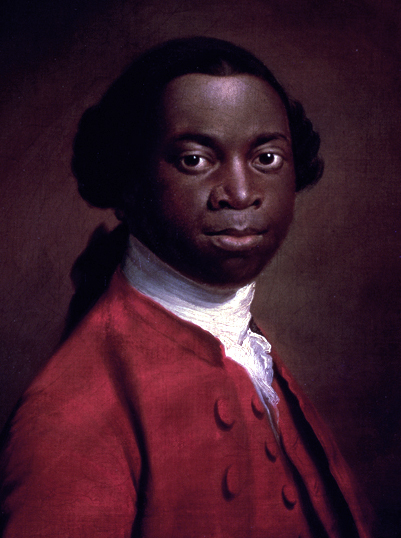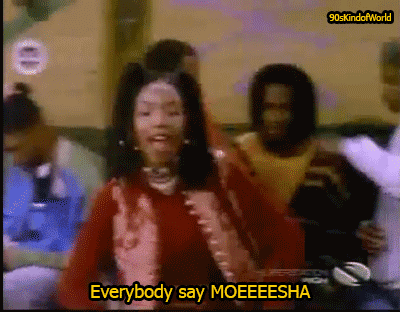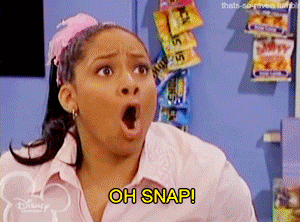
Growing up a white British female has allowed me to grow up privileged. Privileged because I am always able to see people like me represented by the media. Privileged because I am not treated negatively due to the colour of my skin. Whilst I am obviously grateful for this, this privilege that I have experienced should never have occurred. Seeing people of the same ethnicity as me in the media should not be treated as an honour; and instead people from all different cultures and backgrounds should be represented by the media and society in general.
Due to my background, I ashamedly say that I grew up blinded by this privilege. My mother always taught me about issues such as racism; meaning that I was not completely ignorant, although I was blinded nonetheless. I was very fortunate in the sense that mum made sure that I was aware of what the issues surrounding racism were, as well as how we need to work together to ensure that everyone is loved for their personality rather than their ethnicity and background. For this reason, I grew up not understanding why some people chose to be ignorant and racist. However, because of the British education system and lack of representation in the media I was unaware of just how bad this level of ignorance still was- how people were STILL being judged merely on the colour of their skin. I learnt very little in school about other cultures; and was seemingly blissfully unaware of any racism that was going on in the World around me. I was also fortunate as my peers in school were accepting and loving of people; meaning that I had never been exposed to such levels of hate and ignorance before.
I grew up not knowing much about other cultures. Although, this was something that I was never happy about. I take great interest in each of my friends’ cultures, as it is important to me that I have an understanding as to their races and religions. Each of the stories I have heard have greatly interested me; but it saddens me that I would never have known the stories and my knowledge would not be anywhere near as rich if I had not befriended these people. I would never have known, for instance, about the Golden Temple and the massacre of the Sikh’s if I had not spoken to one of my friends (who actually co-founded this blog).

I would never have known about colourism if it weren’t for another friend of mine (again, who co-founded this blog). As she explained colourism to me, I couldn’t help but feel upset and emotional. It hurts me to know that people that I love (and who deserve to be loved) are not represented in the media. It had never really occurred to me that colourism is a thing. I guess this is because it doesn’t affect me; but that doesn’t make my ignorance acceptable. It is so important that we utilise our education system (and others across the World) in order to help everyone understand that they are beautiful regardless of characteristics such as: race, gender, sex, sexuality, disability, appearance etc. I cannot even emphasise how important I feel this is. Everyone deserves to be confident, to feel loved, and to see people like themselves represented in the media.
The same friend recently said that I was ‘woke’. If you are unaware as to what this means, it basically means that an individual is aware of social injustice and that they are actively sharing information concerning issues regardless of whether they affect them themselves. In one sense being called woke is obviously a huge compliment. It is good to know that my efforts to share information to do with any sort of social injustice problem do not go unnoticed. It is also good to know that people are aware of how strongly I feel about these topics. However, in another sense the term makes me a little sad. It makes me sad because ‘woke people’ as a separate group should not be a thing. In other words, there should be no such thing as people who are not woke. Everyone should be fighting for equality and justice, regardless of whether they are personally affected or not, as it is the correct thing to do. It is no use saying that you are upset by something without actively trying to spread the word about it.
Recently, I was hit by the realisation that if people had not actively campaigned against issues such as racism and homophobia in the past, I would not have been allowed to meet my friends. I would only have been allowed to talk to one of my friends. One. This is understandably insane to me, and upsets me as it shows how people in the past were prevented from meeting wonderful people. They were prevented from making such lovely friends- friends that I know I couldn’t go a day without today. This just shows that although the World still has such a long way to go, we have already come so far; proving that change is possible. Admittedly, we should never have needed to campaign against things because they should never have existed in the first place. All I can say is I am so grateful for all of those who fought for greater equality, and I will continue to be thankful as I have met my best friends because of them. Having said that, I will continue to do my best to enforce greater equality, as I am more than aware that we need to improve a hell of a lot more.
Overall, I guess we have to work together. It is no good letting people who are affected by the ignorance fight alone. We must all work together- white people and people of colour alike, as this is the only way that ignorant hate will truly be eradicated. I am so sorry for ignorant people and for the lack of representation in the media. I am hoping that the education systems and media will be improved so that we can all learn to love and accept people for who they are; as well as learning about different cultures as a whole. Keep on being the Kings/Queens that you are, as you all deserve to feel like it.
Did you relate to this? Do you have any questions? If so, write them in the comment section below- we would love to hear from you
If you would like to share your stories, experiences and opinions email us at oneisnotenough16@gmail.com.
Bless x
#Oneisnotenough TEAM


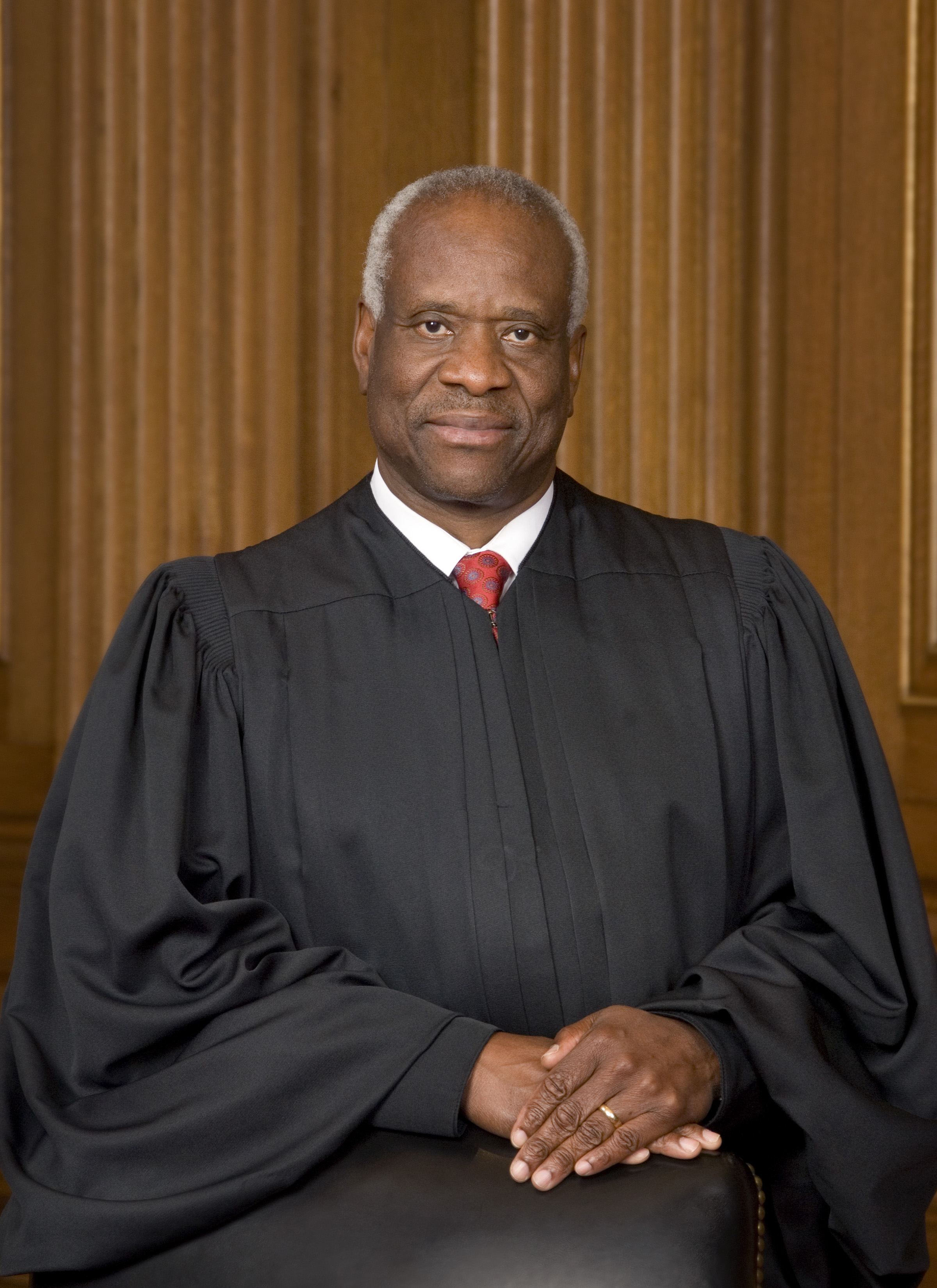

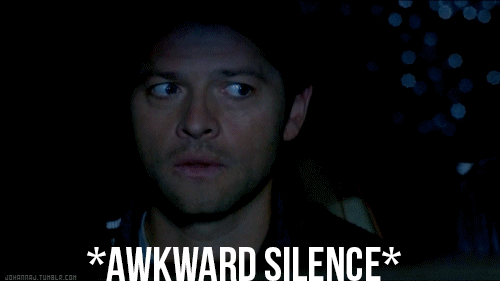







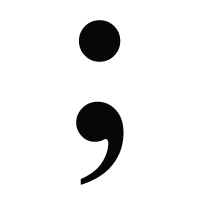


.jpg)

